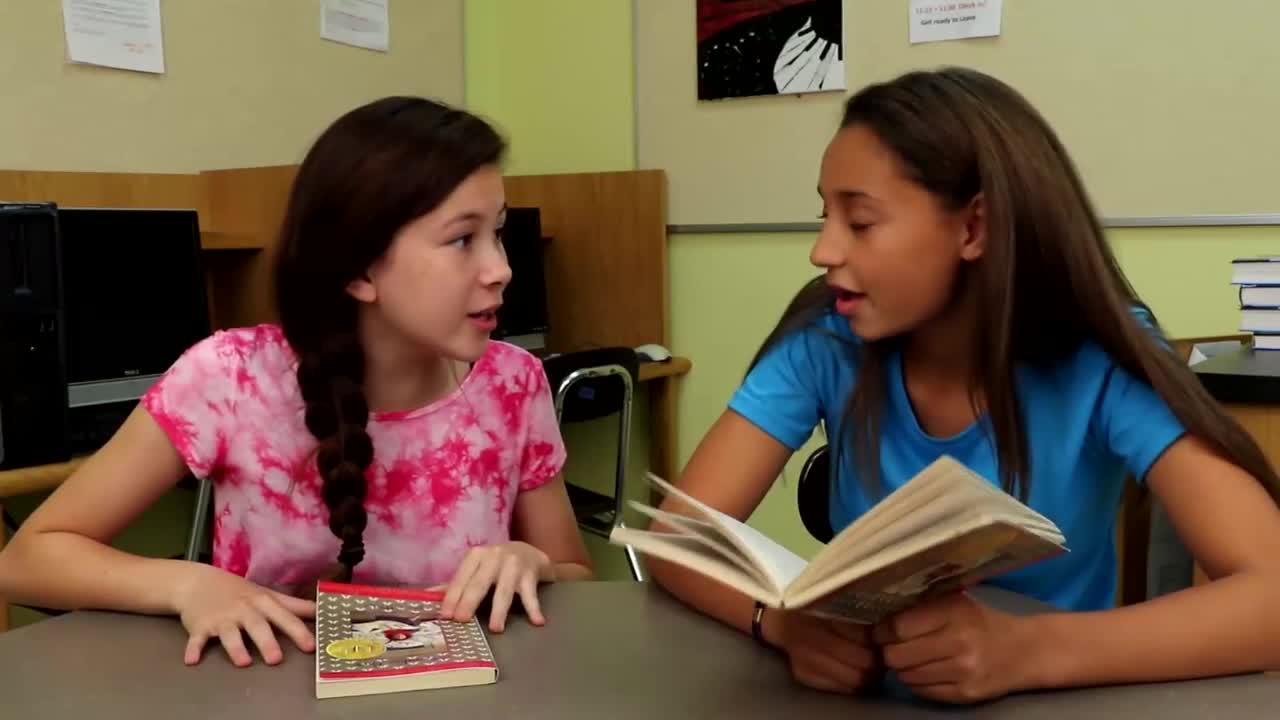
Introduction
As educators working with students in Special Education, it’s essential to help them develop crucial social-emotional skills. One effective way to achieve this is through interactive activities that encourage students to tune into their environment and consider the effects of their actions on others. In this blog post, we will discuss the “Guess What Happens Next” activity, which helps students improve their ability to recognize and respond to social cues and situations appropriately.
No-Prep Activity: Guess What Happens Next
This engaging activity requires no preparation or materials from the educator. The goal is to help students develop a better understanding of how people react to different situations and how their actions may influence others’ feelings.
Begin by presenting a scenario to your students, either verbally or through a video clip. After describing the situation, pause and provide three possible outcomes. Ask your students to guess which outcome is most likely to occur. Encourage them to consider the characters’ actions, emotions, and the context of the situation. After discussing the students’ guesses, reveal the correct outcome and discuss why it occurred.
For example, you might present a video clip of a conversation between two characters, Leah and Rachel, discussing their favorite Shakespeare plays. Pause the video when Leah makes a dismissive comment about Rachel’s favorite play. Ask your students how they think Rachel will react, providing three possible reactions, and then discuss their guesses. Finally, reveal the actual outcome and discuss why it happened.
Discussion Questions
- How do you think the characters in the scenario felt during the conversation? Why?
- What could the characters have done differently to improve their interaction?
- Can you think of a situation in your own life where you had to consider how your actions might affect others? How did you handle it?
- What strategies can you use to tune into your environment and the emotions of others?
- Why is it important to be aware of our actions and their impact on others?
Related Skills
Besides tuning into one’s environment, there are other essential social-emotional skills that students in Special Education can benefit from, such as:
- Empathy: Understanding and sharing the feelings of others.
- Active listening: Paying full attention to the speaker, asking relevant questions, and showing that you understand their message.
- Conflict resolution: Addressing disagreements or misunderstandings in a constructive manner.
- Assertiveness: Expressing one’s feelings, needs, and opinions in a respectful and confident manner.
Next Steps
Now that you’re familiar with the “Guess What Happens Next” activity and its benefits, consider incorporating it into your lessons to help your students develop essential social-emotional skills. To access more engaging activities and resources, sign up for free sample materials at Everyday Speech. By doing so, you’ll be better equipped to support your students on their journey to becoming more socially aware and emotionally resilient individuals.





